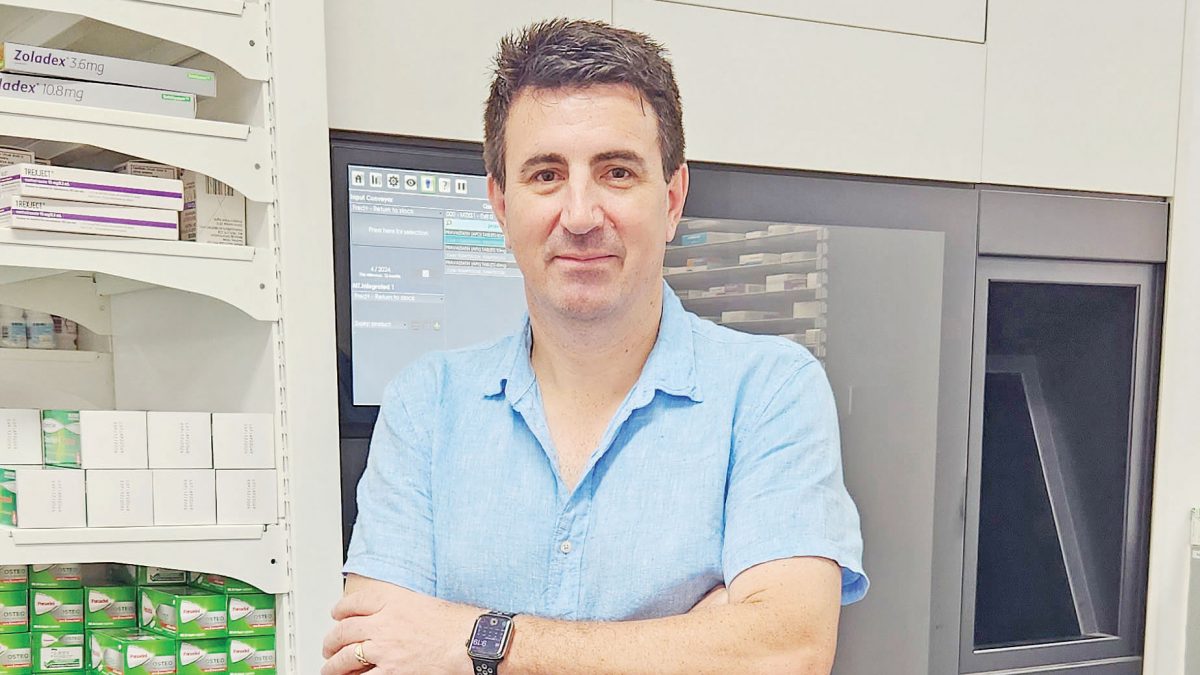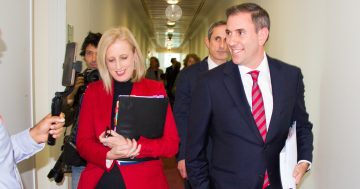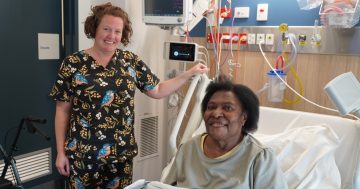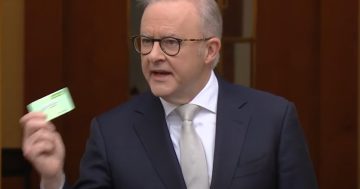
Cooktown pharmacist Nick Loukas is outraged by the changes.
CAPE York’s pharmacists are weighing up their options after a major legislation change caught their businesses off guard.
Federal Health Minister Mark Butler last week announced the government would increase the length of scripts from one to two months’ supply for 325 common medicines, halving the cost for consumers who have chronic conditions.
The government says this will save $1.2 billion over four years in dispensing fees.
But the snap decision, which the pharmacy industry says was done without consultation, now threatens the livelihood of small pharmacy owners, especially in regional areas.
“They have done this for a headline to say they are doing something to reduce the cost of living,” Cooktown pharmacy owner Nick Loukas said.
“But we are the ones that will suffer and then the communities will hurt because we’ll either have to cut staff or cut services.”
Mr Loukas said the decision was political and would not work as intended.
“They have fallen for the lobbying of the doctors,” he said.
“This change will free up people from going to the doctor but for a lot of those chronic conditions, a doctor can write a 12-month prescription anyway.
“Increasing the standard script from 30 days to 60 days will save on dispensing fees for the government, but we struggle to get stock as it is. How are we going to keep 60 days of stock?
“This has been done without any consultation and now we have to work out how to cope.”
Trent Twomey, the president of the Pharmacy Guild of Australia, said millions of patients would be worse off because the proposal guaranteed medicine shortages across the country.
“If the federal government proceeds with this proposal, everyday prescription medicine will be put into severe shortages lasting months, not days or weeks,” he said.
“The research is crystal clear: Australians do not support a policy if it means pharmacy shelves are bare and patients miss out on vital medicine that they need.
“We are calling on the federal government to reconsider.
“I don’t want to see a stand-off in any community in Australia where some patients get double the medicine they need, while others get nothing.
“We want to work with the government to deliver cheaper medicine for millions of patients through our proposal to drop the PBS co-payment to $19, helping all Australians in this cost of living crisis.”
Cairns-based Labor Senator Nita Green has been bombarded with calls and messages from pharmacists across the state and said her office was working to get in touch with those impacted by the changes.
However, she stood by her government’s decision.
“This is something that has been on the table for a while,” she said.
“It came from the Pharmacy Advisory Committee in 2018 and the previous government didn’t do it.
“We are stepping in and the consumers will save money and the taxpayers will save money.”
Senator Green said the federal government had pledged to re-invest the savings back into community pharmacies.
However, no details have been forthcoming about how that will work.
Weipa-based pharmacist Sam Harbison said he saw both sides of the argument but didn’t support the changes.
“Reducing the cost of living is something I support, but it shouldn’t come at the cost of a small business like ours,” he told Cape York Weekly.
“I didn’t see this decision coming and it will hurt us when the changes happen on September 1 this year.
“We will do everything we can to support the community, however, I’ll have to weigh up my options and make some form of change when the time comes.
“You can’t have your legs cut out from under you unexpectedly and continue as if nothing has happened.”
Mr Harbison said getting enough medication to cater for 60-day scripts would be a challenge in a remote area.
The Weipa pharmacy also has to deal with an increase in trade throughout the tourist season.
“With 60-day scripts, we will lose even more trade than some pharmacists because the tourists will be able to get their stock in advance of leaving for their Cape trip,” he said.
“I wish the government would speak to regional pharmacies and hear how it’s going to impact us and the services we provide our communities.”
Member for Leichhardt Warren Entsch said he was against the change.
“Pharmacists are going to subsidise this government initiative and it really beggars belief,” he said.
“These are small businesses that pay tax, including payroll tax and tax on profits.
“This is just another tax on them.
“They play a critical role in our community and it doesn’t make sense to hurt them.
“What would happen if the Weipa pharmacy or Cooktown pharmacy were to shut down?
“It would be a disaster for the communities.”











